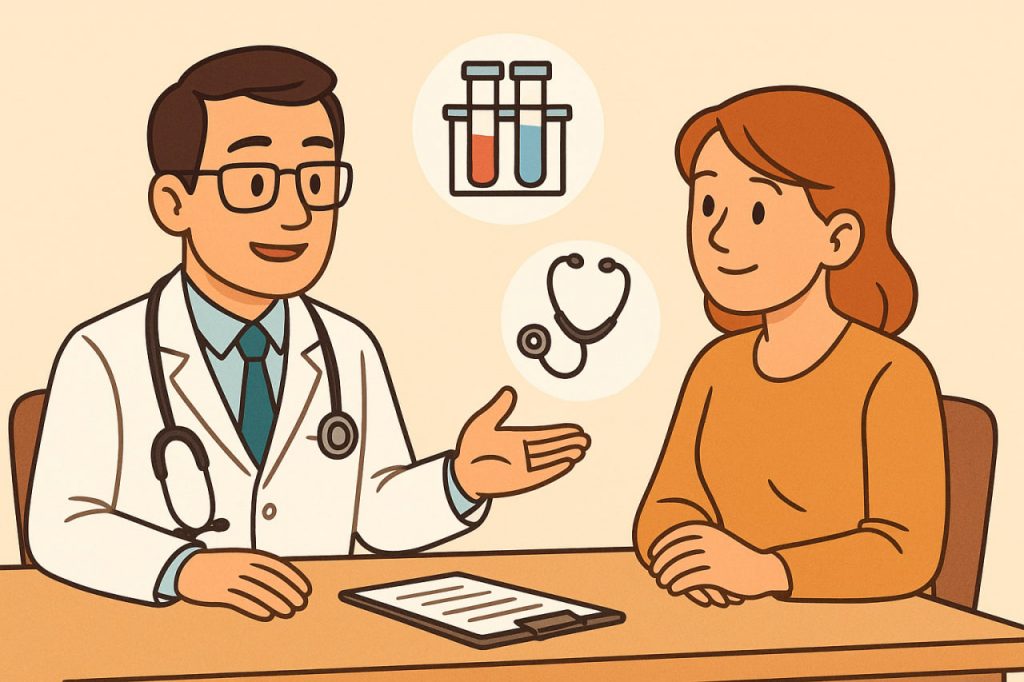Regular health check-ups and medical tests are essential for preventing diseases, detecting health issues early, and maintaining overall well-being. While the exact frequency depends on age, health status, lifestyle, and family history, doctors recommend that everyone undergoes basic examinations on a routine basis. Preventive care ensures that small health problems do not develop into serious conditions.
General Recommendations for Healthy Adults
For most healthy adults, a routine check-up once a year is a safe standard. This visit usually includes measuring blood pressure, weight, and basic blood and urine tests. An annual physical examination helps to monitor changes in health and provides an opportunity to discuss concerns with a doctor. Even if you feel well, these check-ups are important for prevention.
Blood Tests and Screenings
Basic blood tests, such as checking cholesterol, blood sugar, and general health markers, are usually recommended once a year. People with risk factors like diabetes, high blood pressure, or a family history of heart disease may need them more often. Screening tests for specific conditions, such as cancer, should follow medical guidelines based on age and risk.
Age and Lifestyle Factors
Young adults may not need as frequent tests as older individuals, but lifestyle habits play a major role. People who smoke, drink alcohol excessively, or have a poor diet may require more frequent check-ups. After age 40, regular monitoring of heart health, hormone levels, and certain cancer screenings becomes especially important.
Specialized Examinations
Women should have gynecological check-ups, including Pap tests and breast exams, as recommended by their doctor. Men may need prostate exams after a certain age. Eye and dental check-ups are also necessary: dentists usually advise visits every six months, while eye exams depend on vision health but are often recommended every 1–2 years.
Why Consistency Matters
Skipping check-ups may delay the detection of serious illnesses. Many conditions, such as high blood pressure or early stages of cancer, do not show obvious symptoms at first. Regular testing helps catch these issues early, when treatment is most effective.
Conclusion
Routine medical tests and check-ups are an investment in long-term health. While the frequency may vary depending on age, lifestyle, and medical history, visiting your doctor once a year and following recommended screenings is the best approach to staying healthy. Always consult a healthcare professional for personalized advice.
Glossary
- Screening tests – medical tests used to detect diseases early, before symptoms appear.
- Cholesterol – a type of fat in the blood; high levels can increase the risk of heart disease.
- Pap test – a procedure to check for changes in cervical cells that may lead to cancer.
- Prostate exam – a test to check the prostate gland for early signs of disease.
- Preventive care – medical care focused on disease prevention rather than treatment.


